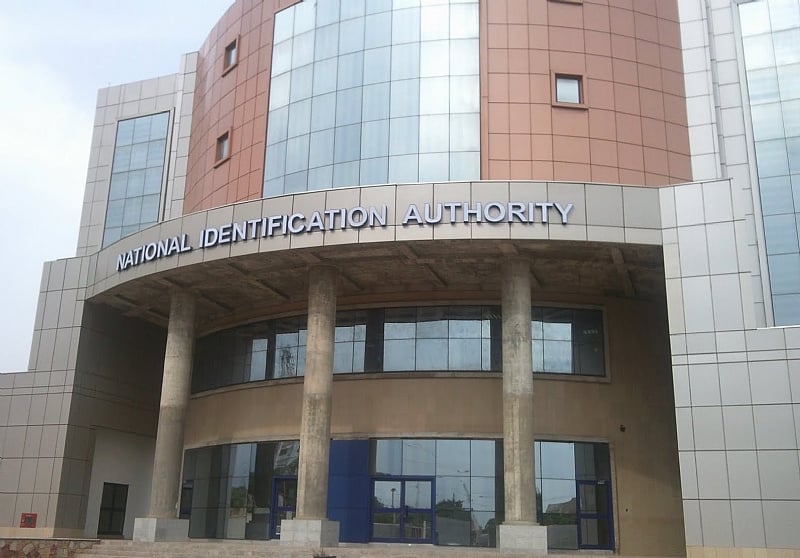The National Identification Authority (NIA) has taken the drastic step of disconnecting the Ghana Revenue Authority (GRA) from its Identity Verification Service (IVS) platform, citing an accumulated debt of over GH¢376 million and persistent breaches of their agreement. This disconnection, effective August 5, 2025, followed numerous unsuccessful attempts by the NIA to secure payment or negotiate a settlement plan with the GRA. The IVS platform, a cornerstone of Ghana’s digital infrastructure, allows real-time verification of identities using the Ghana Card database, making it a crucial tool for both public and private sector operations. This disruption has raised serious concerns about potential disruptions to services reliant on the platform for authentication, impacting a wide range of sectors across the country.
The NIA’s Head of Corporate Affairs, Williams Ampomah Darlas, expressed profound frustration with the GRA’s continued non-cooperation. He detailed a series of unanswered correspondence, escalating the matter to Parliament without receiving a response. Despite issuing a final notice on July 29th, demanding a commitment to address the debt, the GRA remained unresponsive, prompting the NIA to enforce the disconnection. This highlights the severity of the situation and the NIA’s resolve to protect its operational integrity and financial stability. The magnitude of the debt underscores the significant financial strain the GRA’s non-payment has placed on the NIA.
The situation is further complicated by unauthorized access to NIA data by other institutions through the GRA. The NIA revealed that the Electricity Company of Ghana (ECG), the Lands Commission, and Hubtel have been accessing their data via the GRA, a clear violation of established legal protocols. This unauthorized data sharing not only breaches the NIA’s agreement with the GRA but also raises significant concerns about data security and the potential for misuse of sensitive personal information. This practice undermines the NIA’s authority and compromises the integrity of the entire IVS system, potentially eroding public trust in the system.
The NIA’s frustration stems not only from the unpaid debt but also from the blatant disregard for data access protocols. The unauthorized sharing of data, the NIA argues, compounds the financial strain caused by the unpaid fees, further hindering the NIA’s operational capacity. The combination of financial loss and unauthorized data distribution paints a picture of a system under duress, struggling to maintain functionality while contending with breaches of trust and contractual obligations.
The NIA’s actions highlight the broader implications of non-payment and unauthorized data access. The financial sustainability of the IVS platform, a crucial component of Ghana’s digital infrastructure, is jeopardized by the GRA’s outstanding debt. Furthermore, the unauthorized sharing of data raises serious concerns about privacy and security, undermining public confidence in the system. The NIA’s decision, while drastic, underscores the importance of accountability and adherence to agreements, ensuring the long-term viability and trustworthiness of critical national digital platforms.
This situation demands urgent intervention to address the multiple layers of the problem. The GRA’s debt must be addressed to ensure the financial stability of the NIA and the IVS platform. Furthermore, the unauthorized access to and dissemination of data needs to be rectified to maintain the integrity and security of the system. A comprehensive resolution must be sought to restore trust, ensure data security, and safeguard the continued operation of this essential digital service. This situation underscores the critical need for inter-agency cooperation and adherence to agreements to maintain the functionality and integrity of Ghana’s digital infrastructure.













